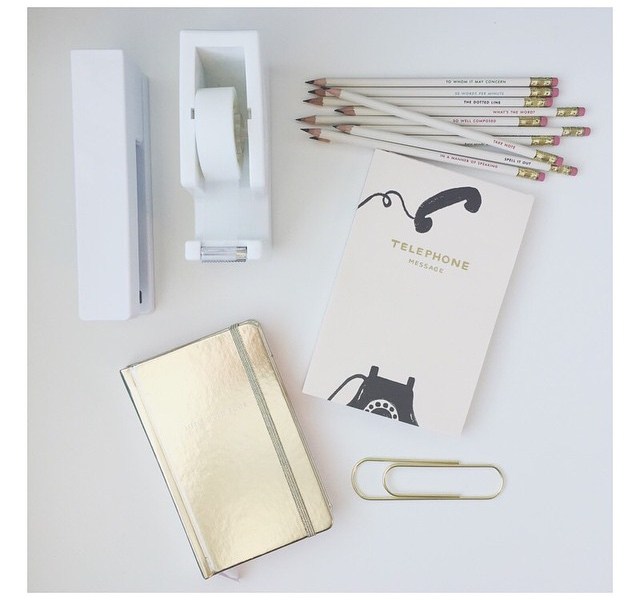When I think of journaling, I think of diaries. Glittery notebooks with teeny tiny locks that I always lost the key to, and etched and sketched composition books with my deepest darkest secrets. Middle school was the prime time that I would start to journal and then stop in a cyclical manner. From Mia Thermopolis to Harriet the Spy and Bridget Jones, this idea of recording your written thoughts was everywhere in my adolescence. Even though I’m a journalism major and writer by trade, this cycle of journaling and then not occurred frequently. But once I got to college, I made a promise to myself that I would work on journaling daily as a way to record my memories, practice my writing, and have a place to dump my thoughts.
At this point, I am going into my junior year of college. I have been journaling consistently for the past two years, and I have noticed its endless benefits. Here’s what I have learned along the way so that you, too, can see all that journaling has to offer.
As a college student, it’s easy to get lost in the countless classes, extracurriculars, and events. Journaling has become something so minor that I have integrated into my daily routine. Although I didn’t see the benefits right as I was placing words on the page, the long-term benefits were apparent. What I love about taking the time to journal is that it feels like a special, self-care ritual in my day. I feel this whether I write one word, one sentence, or am dumping pages of frustrations onto the page. It was and is so crazy to me that something this mundane and simple could make me feel so relieved. And, this relief that I have felt isn’t just in my head—it’s been scientifically proven.
According to a psychological study conducted by Laura A. King called The Health Benefits of Writing About Life Goals, King monitored 81 college students and asked them to write for 20 minutes a day for four days in a row. Each student was randomly assigned to a topic from their most traumatic life event to their ideal future self, or both. It was noticed that as time passed, the benefits were extremely high. Five months after this study, it was shown that writing about your future self or your biggest traumas showed a decrease in illness.
I repeat, journaling long term showed a decrease in illness. My journal is a place where I write about everything—from the good times to the bad. Specifically, when I write about the painful or stressful times. I find that a sense of relief, lightness, and clarity washes over me. To take all your ideas and feelings and place them on a page is incredibly overwhelming. There have been many times when I felt that I was too stressed or too sad to write. This was mainly because writing forced me to put my own feelings right in front of me and to be slapped in the face with them.
It was something that was incredibly difficult for me at first. But, the more that I got into the routine of writing my feelings, the easier it became to get it all out onto the page. And it wasn’t just the page where it became easier to express my thoughts and feelings. By getting my emotions and thoughts onto the page daily, I received a stronger emotional understanding of myself. This made it easier for me to express myself in interpersonal and professional relationships. By being able to easily voice my opinions, ideas, and feelings, my head felt clearer. I also found myself feeling highly productive. I wasn’t being weighed down by feelings and thoughts that I hadn’t come to terms with yet.
Aside from all of the meditative and emotional benefits of journaling, it’s merely a lot of fun. I use mine almost like a portable inspiration board and scrapbook. I record memories and things that I’m inspired by. In the midst of having to be academic and professional all the time, sometimes it’s nice just to sit down in front of the TV and be creative. From motivating quotes to fun stickers, ticket stubs, and photos from my travels and great times with my friends, my journal has become a part of me. The best part is that a journal can be whatever I want it to be. It’s my ‘no pressure space’ to be wholeheartedly myself. Whether I don’t feel like writing at all and only being creative, or writing pages upon pages.
If you want to start journaling this semester, take baby steps to integrate it into your routine. Start by collecting your journaling supplies. If you are more of a minimalist, any notebook or pen will do. But if you want to step it up, it’s also fun to find a special notebook and grab some colorful pens and markers. Ease into journaling by writing one page a day, and then build up to more depending on your mood. Once you’ve created a habit out of it, it will be the daily self-care ritual that keeps on giving.
Opening photo by @avayvay
Do you keep a journal? Let us know in the comments below! If you’re interested in writing articles like this for College Fashionista, be sure to apply to be a Community Member today.

